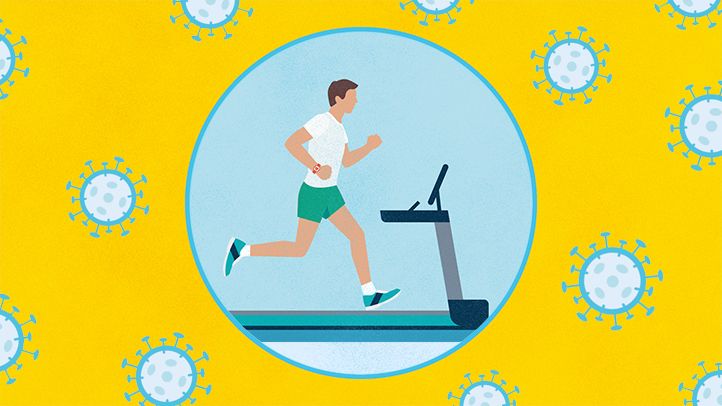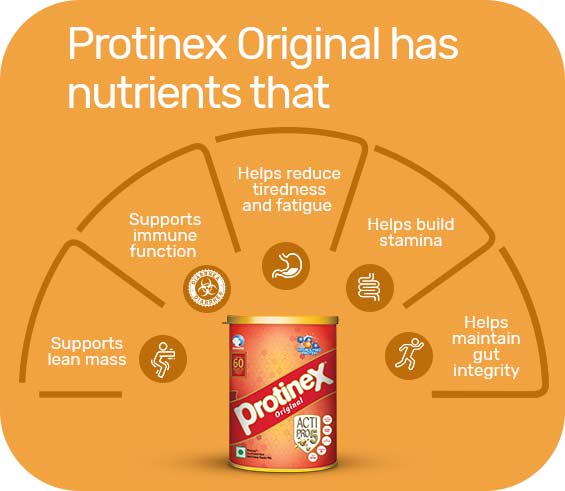Can you workout while doing an intermittent fast?
A diet plan known as intermittent fasting alternates between eating and not eating. Intermittent fasting cycles can occur hourly or daily. Individuals could decide to fast for religious, dietary, or health-related reasons.

People may want to start or continue exercising while on an intermittent fast (IF). Fasting and exercise are both possible, but care must be taken.
Exercise while fasting
Fasting individuals are permitted to exercise. Some people work out during IF because they think it might be good for their health. They consist of:
Loss of weight
When humans ingest carbs, their bodies transform them into glucose, a sort of sugar. Glycogen is how the body stores glucose.
Study indicates that glycogen levels are depleted during fasting intervals. Hence, the body begins to burn fat to a reliable Supply of energy for physical activity that may aid in weight loss.
According to one study, exercising when fasted resulted in greater fat reduction than exercising after eating. Nonetheless, different findings from other studies have been obtained.
According to a 2014 study, exercising the next day after an overnight fast did not result in greater weight loss than exercising the day before a meal. Another mouse study came to the conclusion that IF, with or without exercise, caused mice to lose weight effectively.
In order to lose weight, a person’s daily caloric intake must be lower than their daily caloric expenditure. IF may aid in weight loss because it restricts the caloric intake of the participant. In a study comparing intermittent fasting (IF) to a calorie-restricted diet without fasting intervals, the amount of weight lost by each group was similar.
Autophagy
A review of studies examining the effects of exercise and fasting reveals that it might boost autophagy.
Autophagy is a process that aids in the elimination of undesirable or damaged cells in order to regenerate new, healthier ones.
Anti-aging
Diet and exercise may slow down the ageing and disease processes, according to a 2018 study. This is due to the possibility that IF and exercise could alter metabolism.
Why it might not be effective?
Exercise while fasting may have some unfavourable side effects, according to research. They may consist of
- Poorer performance: According to research, IF may reduce exercise performance, especially in highly trained athletes.
- Difficulty to gain muscle: A 2018 randomised controlled experiment indicated that males who were on the intermittent fasting protocol gained less muscle than those who ate their regular meals. Yet, IF had no detrimental effects on their ability to retain muscle. This is corroborated by another study, which shows that IF may help retain muscle mass.
- Headache: IF and exercise, both can reduce blood pressure. When the two are combined, a person could become dizzy as a result of their blood pressure dropping.
- Blood sugar: Exercise and IF both have the potential to lower blood sugar levels. A person may faint if their sugar levels drop too low.
Fasting and exercise-related studies appears to include contradictory findings. A person may wish to attempt IF for fat loss depending on their fitness objectives. Nonetheless, various diets might be used if someone wishes to gain muscle.
Types of intermittent fasting
Intermittent fasting comes in many different forms. They consist of:
- 16:8: During a 16:8 fast, one will go without food for 16 hours before having an 8-hour window during which they can eat. People are permitted to drink non-calorie beverages including water, black coffee, and black tea throughout the 16 hours of fasting.
- 5:2: The 5:2 diet is eating regularly on five days and fasting for two of those days.
- Daily: A daily fast entails going without eating for an extended period of time, usually from the evening to the morning after. An extended fast of 13 hours during the course of the night, according to a 2016 study, may lower women’s chance of developing breast cancer.
- Up to the ninth hour: During this fast, the first eight hours of the person’s awake day are spent without eating. The person can then start eating at the ninth hour.
- One meal a day (OMAD) fasting entails choosing one meal to consume each day and fasting the rest of the time.
- Alternate Day: As the name implies, alternate day fasting involves eating normally one day and going without meals the next.
It is important to speak with a doctor or dietitian before changing one’s normal eating habits, especially if the adjustment involves fasting.
Planning the workout
To keep safe during IF, it’s crucial to schedule workouts. A few things to think about are:
Exercise type: There are two different forms of exercise, anaerobic and aerobic. Running, walking, and cycling are examples of continuous aerobic exercise, also known as “cardio.” Anaerobic exercise, like weightlifting or running, calls for all-out effort in a brief period of time.
The kind of fast a person keeps will probably influence the type of exercise they perform. For instance, someone who observes the 16:8 or overnight fasts can exercise both aerobically and anaerobically while they are eating.
On the other hand, if someone is following the alternate day regimen and wants to exercise on their non-eating day, they should definitely stick to less strenuous cardiovascular activity.
Exercise timing: Although a person can exercise while fasting, it may be preferable to time exercise for just after meals.
Food type: It’s crucial to think about what to eat if you plan to exercise while eating.
Instead of just before activity, pre-workout nutrition should include a meal eaten two to three hours beforehand. It might also be high in protein and complex carbohydrates, like whole grain cereal.
To aid in recuperation, a post-workout meal should include carbohydrates, high-quality proteins, and fats.
Safety tips
During workout preparation, it is important to think about the following safety advice.
- Exercise immediately following meals will give one the energy they need to finish an exercise.
- Keeping it low-intensity: If a person is fasting, they may want to try low-intensity aerobic exercise. However, it is typically okay to engage in any form of exercise after eating.
- Paying attention to what the body is telling you: If someone is on IF and beginning to feel sick while exercise, they should stop.
- Water intake: Even when not IF, it’s crucial to drink water throughout activity. As water makes up the majority of the human body, it is crucial to replenish fluids lost during exercise.
Exercise and fasting may be particularly hazardous for some persons, including:
- those who have diabetes
- low blood pressure sufferers
- individuals with a history of disordered eating
- expecting mothers
- mothers who are nursing
It is best to talk to your doctor about trying IF and exercising if you have underlying medical concerns.
REFERENCES:
- https://www.medicalnewstoday.com/articles/intermittent-fasting-and-working-out
- https://www.healthline.com/health/food-nutrition/intermittent-fasting-tips
- https://www.ncbi.nlm.nih.gov/pmc/articles/PMC7021351/
- https://www.wikihow.health/Exercise-While-Intermittent-Fasting
For more details, kindly visit below.
